When it comes to science fiction films the topic of making something huge is almost a genre unto itself, whether it be radioactively enlarged ants or amazing colossal men there were a lot of movies about things being embiggened but as for making things made small, well, we have Richard Matheson’s powerful novel The Incredible Shrinking Man, the goofy Disney film Honey I Shrunk the Kids and the cool sci-fi comedy Innerspace, to name a few, yet it is still a very underutilized subgenre of science fiction, thus today we will take look back at one of the better entries in that very small field.
Richard Fleischer’s science fiction classic Fantastic Voyage is one of the great works of speculative fiction, the ability to miniaturize people and inject them into the human body is pretty fantastic hence the film's name, but it’s also a product of the Cold War mentality of the 1960s and the film’s opening scenes could easily feel at home in a James Bond movie. The plot of the movie is kicked off with the arrival of scientist Dr. Jan Benes (Jean De Val) who has solved the problem of a miniaturized object remaining small for an indefinite period of time, while both the United States and the Soviet Union had cracked the miniaturization process the subjects could remain small for only one hour and Dr. Jan Benes had been working behind the Iron Curtain to solve this problem. With help of agent Charles Grant (Stephen Boyd), he escapes to the West only to be immediately targeted for assassination and while the attempt fails it does leave the man comatose with a blood clot in his brain that no surgery can remove, that is, from the outside. Good thing they have this miniaturization technology on hand or he would be in big trouble. One could call this an amazing piece of plot convenience but that is just splitting hairs.
Enter one of the world’s coolest submarines.
But who will we get to take on such a dangerous mission? General Carter (Edmond O’Brien), one of the officers in charge of Combined Miniature Deterrent Forces (CMDF) brings in Charles Grant to be his inside man for security purposes, mostly to keep an eye on Dr. Peter Duval (Arthur Kennedy) a top-class brain surgeon and also a prime suspect as a potential surgical assassin. I myself found his pontificating on God and man’s place in the universe a little troubling, ranting on about“The medieval philosophers were right. Man is the center of the universe. We stand in the middle of infinity between outer and inner space, and there's no limit to either.” Yeah, that seems to be a reasonable attitude for a scientist.
Is that the kind of guy you want wielding a laser scalpel inside someone’s brain?
Aiding him is his technical assistant Cora Peterson (Raquel Welch) and while at first she appears to be nothing more than a nice bit of eye candy the film treats her with a surprising amount of respect and she’s portrayed as a very smart and strong character, not something found among the female characters of earlier science fiction outings who were mostly in charge of getting coffee for the male scientists. She definitely is wearing more clothes than she did in One Million Years B.C. which came out the same year as Fantastic Voyage and this film also earns bonus points for not tossing in a romantic subplot between her and Stephen Boyd, though to be fair, with only one hour to get in and out of the patient’s body I guess there wasn’t much time for romance.
You have to respect a woman with a laser rifle.
Rounding out the crew is Captain Bill Owens (William Redfield) a U.S. Navy officer who designed the Proteus for his branch's research and is now tasked with piloting his craft where no man has gone before, and finally, we have Dr. Michaels (Donald Pleasence) a medical officer at CMDF and the one supposedly in command of the mission and his job is to point out to Grant if Duval is doing anything other than trying to save the patient, which is hilarious considering the “big reveal” later on that Michaels is actually the enemy agent. That Grant never picks up on this has me questioning his skills as a security officer or a government agent. Once our heroes are miniaturized the story pretty much unfolds in real-time, taking up almost exactly one hour of the movie's running time, which really adds to the suspense as problem after problem arises to thwart their journey to the blood clot. While the intrepid crew of the Proteus manages to overcome each and every obstacle they encounter, from shorted-out equipment to running out of oxygen and even sabotage, it is Michaels who is the first one to demand that they call off the mission. It’s almost as if he doesn’t want them to succeed.
It's as if trusting Blofeld was a bad idea.
Stray Observations:
• “But I don’t want to be miniaturized” is probably the most realistic statement in this movie and said by our stalwart key hero and he’s basically pressganged onto this mission.
• Meer seconds into the mission Dr. Michaels has a panic attack due to claustrophobia, caused by an accident when he was a child, so I guess background checks just didn’t happen for this mission?
• The crew leave via the optic never, which is close to where the blood clot was located, so why didn’t they enter that way in the first place?
• We are told that the ship's speed is about fifteen knots, which is just over seventeen miles per hour, and at that speed, it would take the Proteus just over a quarter of a second to go from head to toe of a man, which would have made this a much shorter movie.
• The Proteus crew fill their tanks with air from the patient’s lungs but that air would consist of normally sized molecules that their miniaturized bodies would be unable to use.
• Our heroes escape through the optic nerve in the nick of time but they leave behind the Proteus, which should then expand and explode the patient into bloody bits all over the operating room. Oopsy-Daisy!
• At one point they have to navigate through the heart so the surgical team has to electrically jolt the heart to stop it, allowing Proteus a small window of time to make its way through, but wouldn't such a jolt affect the sub?
That this didn’t completely fry the Proteus and its occupants is a miracle.
While some of the biology and science on display is, at best, a tad questionable this does not stop the Fantastic Voyage from being an incredibly fun and engaging adventure film, I particularly liked that even though Grant was a little obtuse when it came to uncovering the saboteur he wasn’t just the tough guy, he more often than not actually came up with a solution for whatever crisis they were dealing with, and Stephen Boyd made for a solid leading man and Donald Pleasence is always a treat, whether her be a crusading doctor or duplicitous villain, that said, the real star of Fantastic Voyage was the visual effects and in that area, this film does not disappoint.
Marvel at these amazing practical effects shots
Early in the decade, 20th Century Fox released the science fiction adventure Journey to the Bottom of the Sea, which featured a state-of-the-art submarine on a perilous mission on a tight timetable and it to had a saboteur onboard, which are clearly plot elements to Richard Fleischer’s Fantastic Voyage with the key difference being a journey into inner space and not into the undersea world, funnily enough, director Richard Fleischer helmed the other classic submarine film, Twenty Thousand Leagues Under the Sea, making him the perfect choice for this sci-fi outing. What all three of those films have in common is stunning visuals provided by special effects wizards L.B. Abbott and Art Cruickshank and with their demanding work, the voyage through the human body became a trip of true beauty and rightfully earned Cruickshank an Academy Award.
Richard Fleischer’s Fantastic Voyage is a high-concept science fiction film that can be considered a key heralding to such films as Stanley Kubrick’s 2001: A Space Odyssey and Douglas Trumbull’s Silent Running as did its best to take the subject matter and the genre seriously, and while some viewers may have some trouble suspending disbelief when pertaining to the science, which to be fair does get a bit wonky at times, but I dare anyone to not enjoy this suspense-filled science fiction thriller that grabs you from scene one and rockets along to its exciting conclusion, I mean who cannot appreciate a film where Raquel Welch struggles against antibodies and Donald Pleasence is eaten by white blood cells? If such people are out there they have my pity.
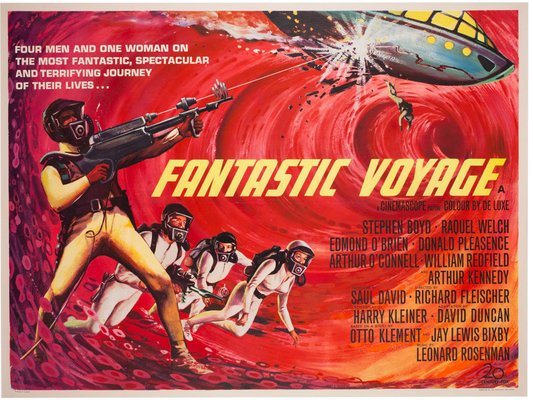
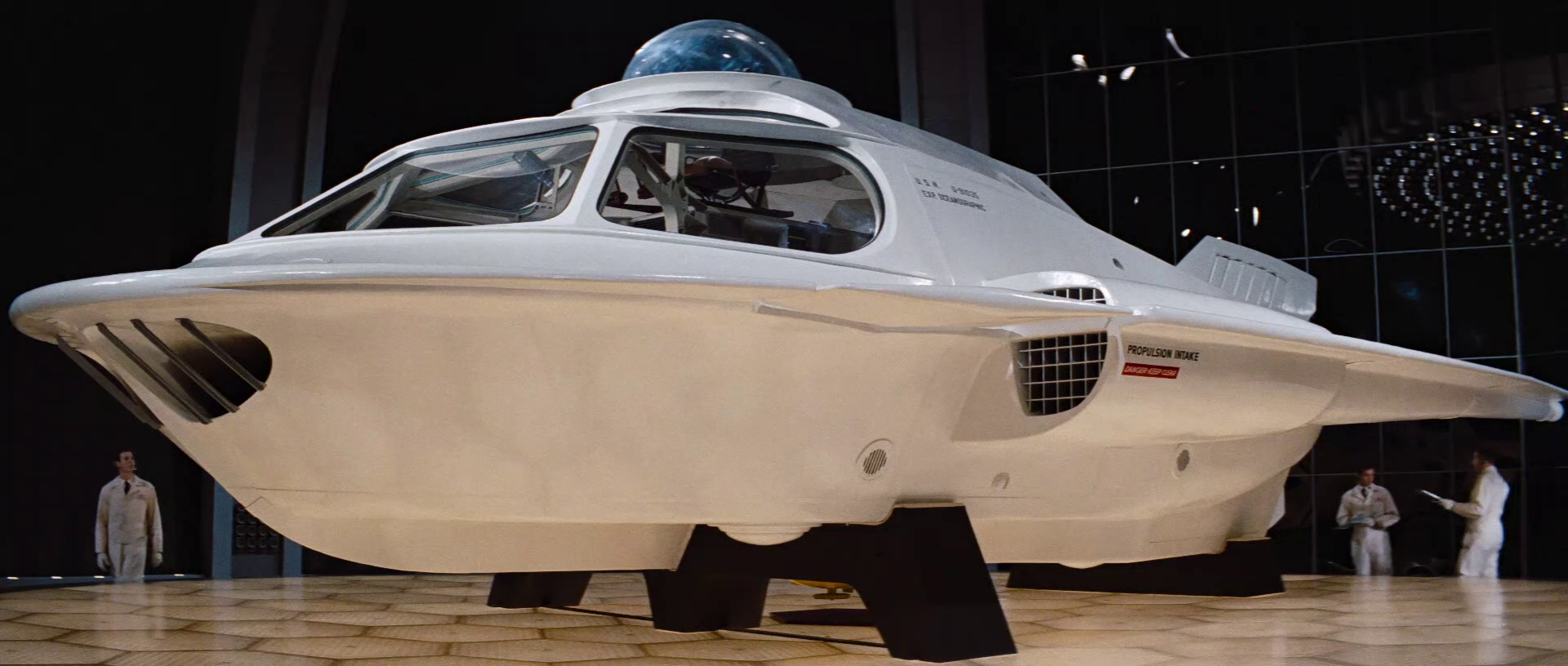
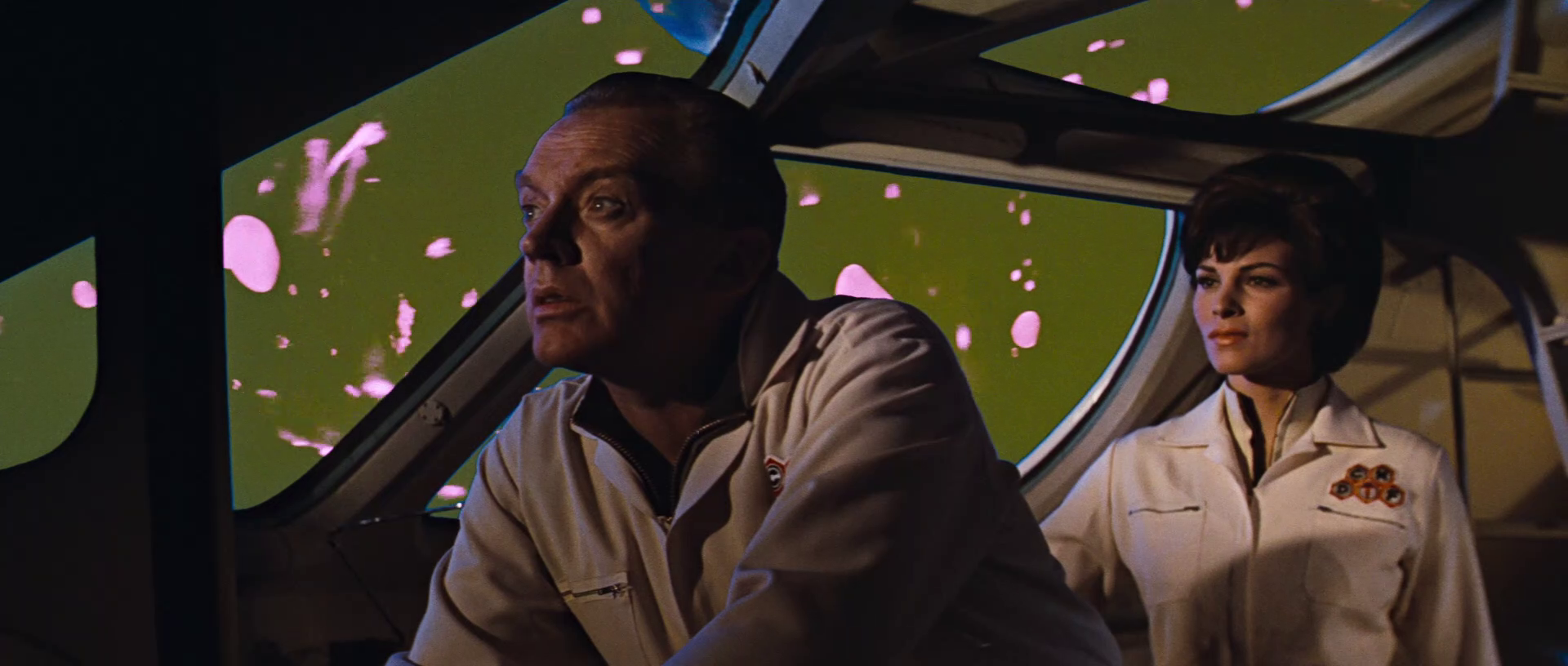
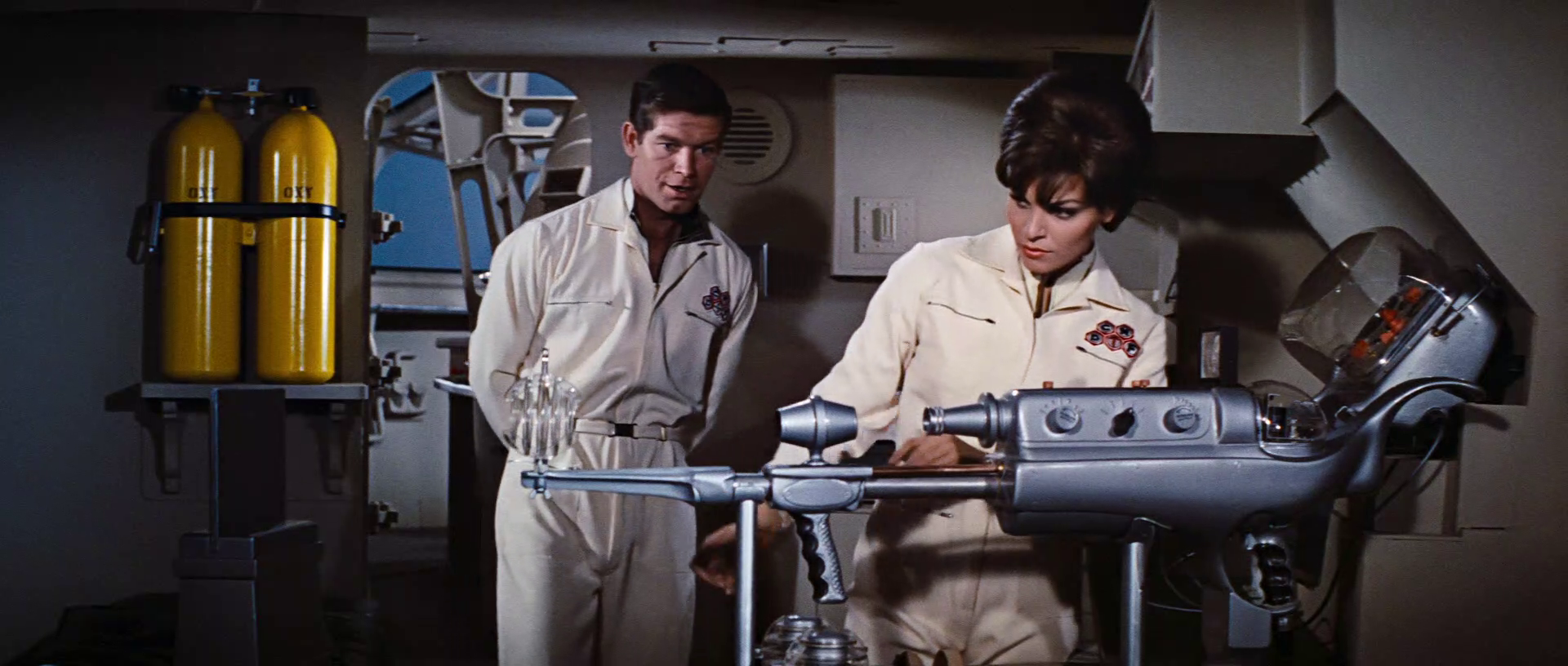
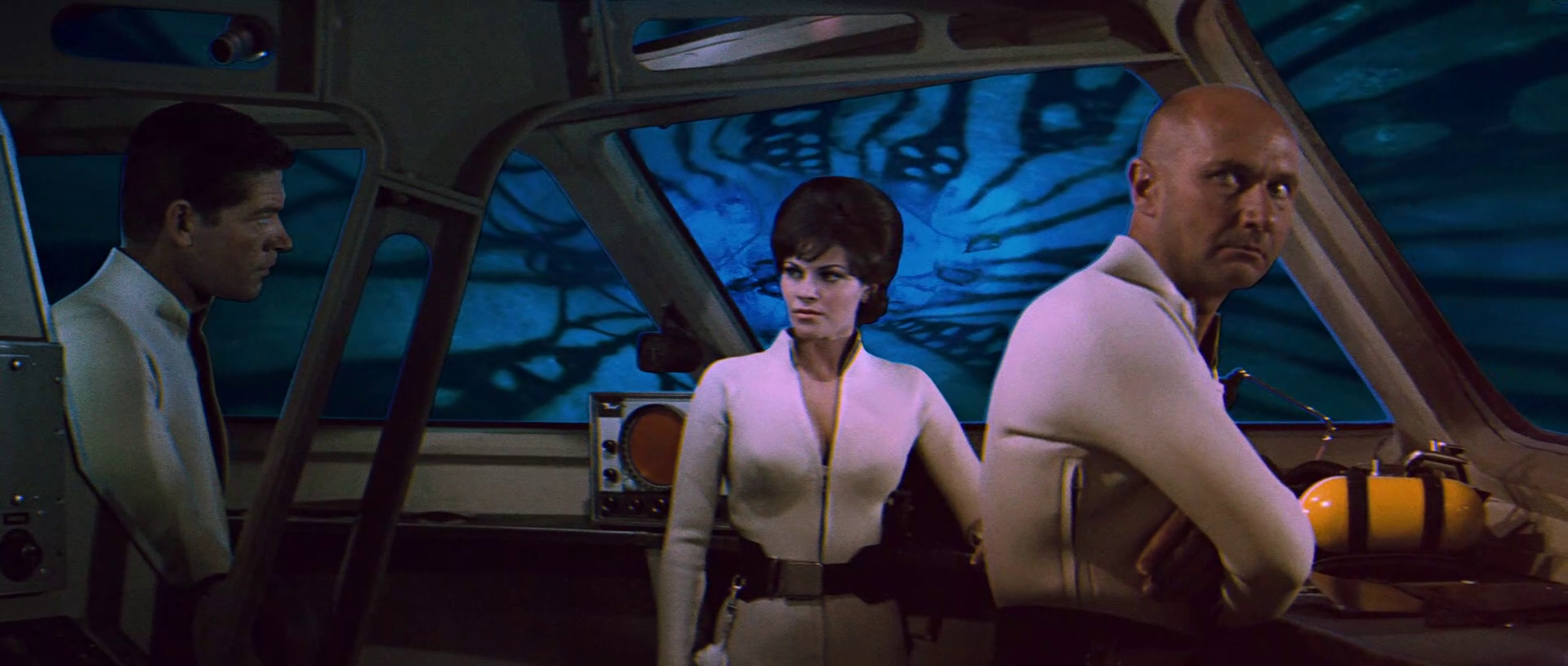
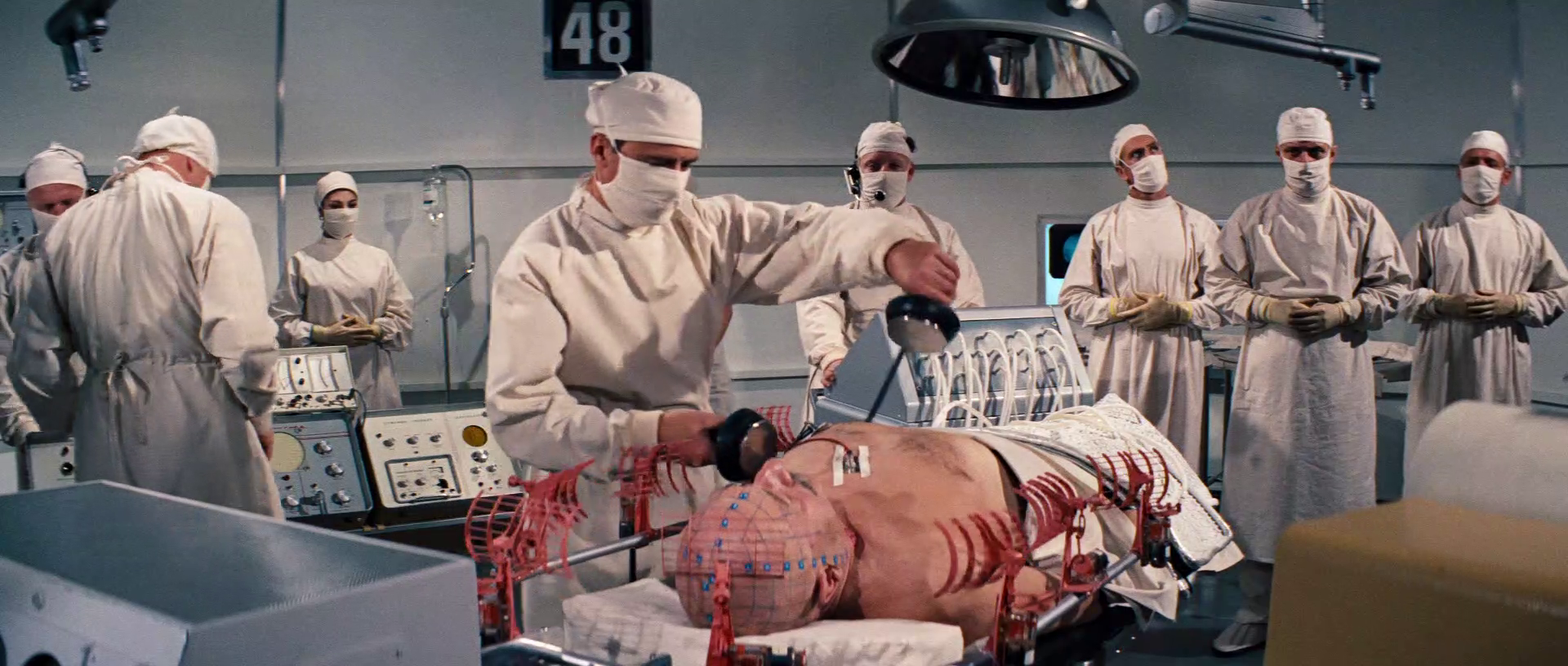
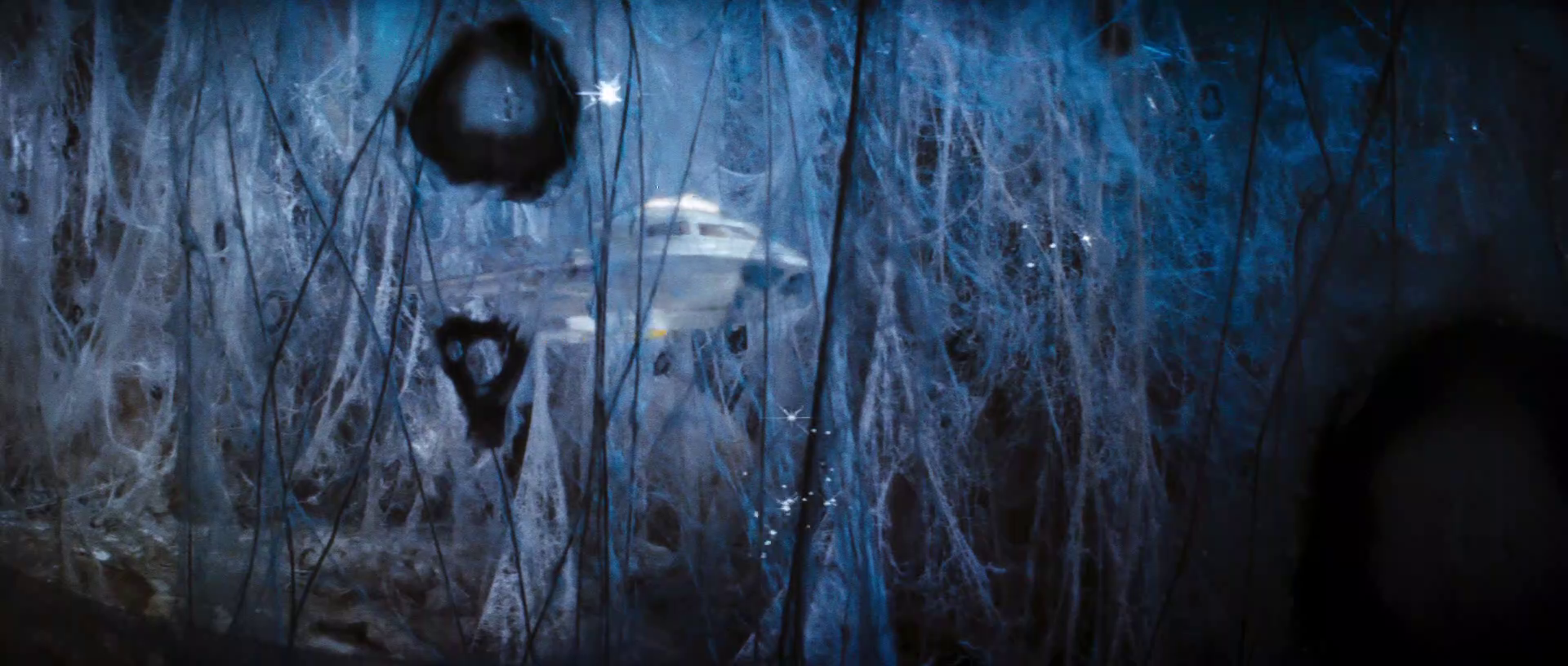
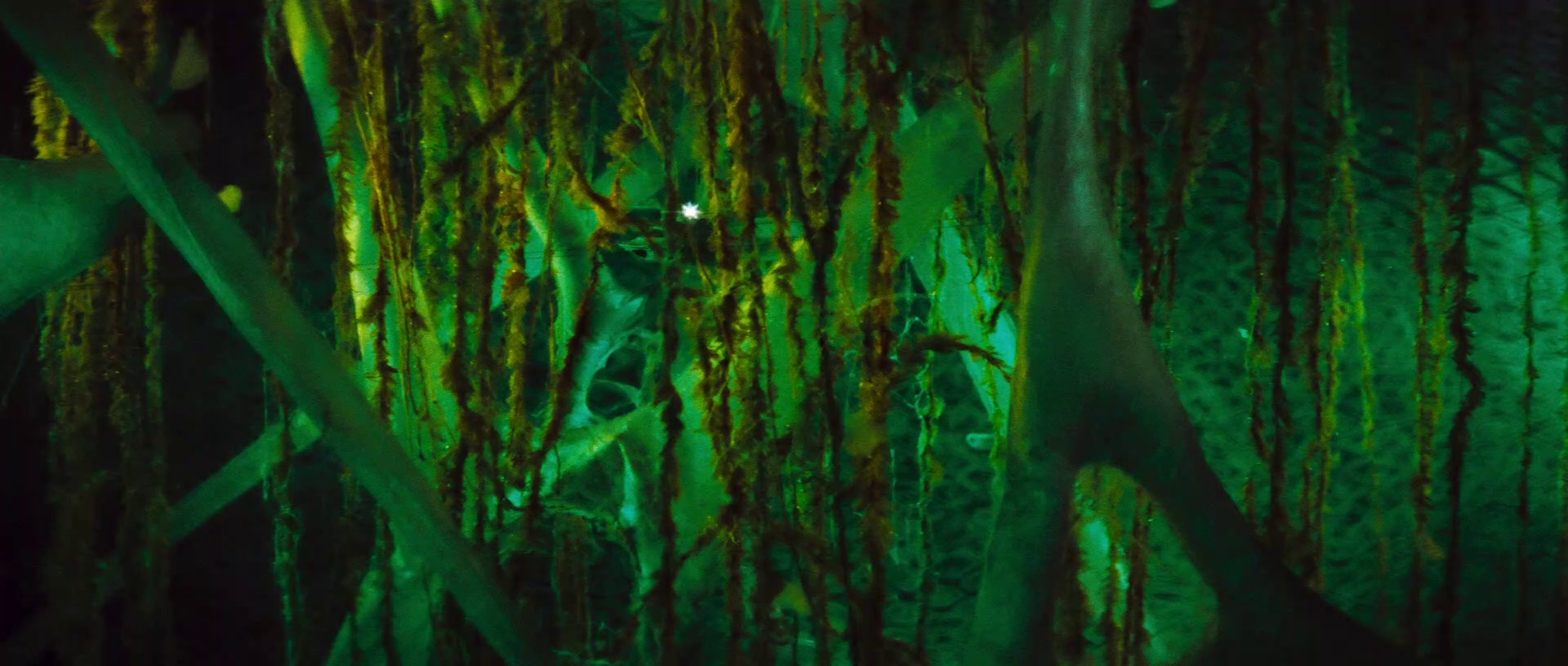

No comments:
Post a Comment